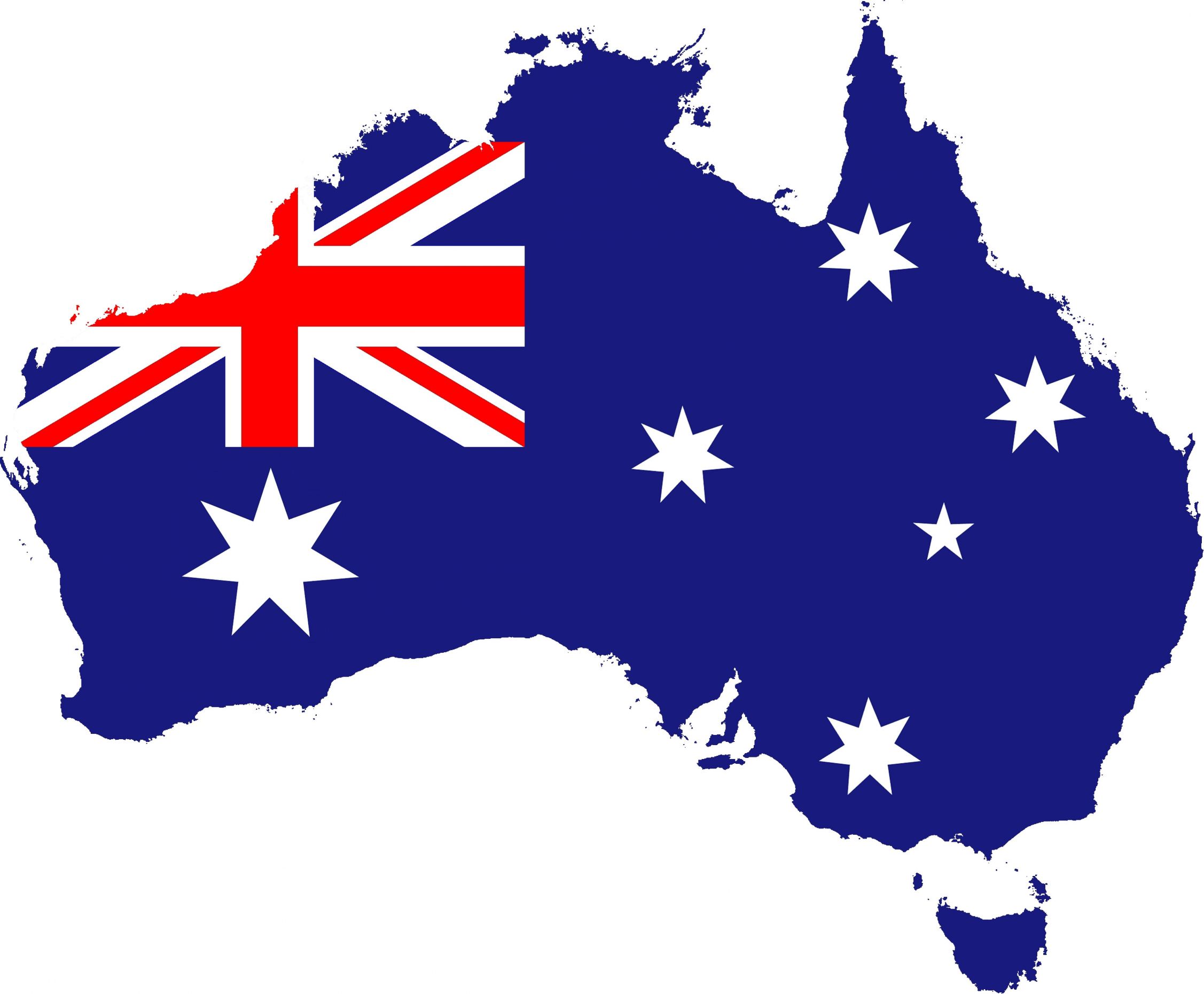I have mentioned in previous blogs that Austria is adamantly opposed to nuclear power and nuclear weapons. They are bringing law suits against other members of the European with respect to nuclear projects. Austria is promoting a "humanitarian pledge" to "stigmatize, prohibit and eliminate nuclear weapons." This pledge is now endorsed by one hundred and sixteen countries. It is seen as a precursor to a new global treaty that would outlaw all nuclear weapons.
Australia recently declined to be a signatory of the Austrian-led pledge. A spokeswoman for the Australian government commented that Australia "sees no value" in the pledge because it ignores the reality of the global nuclear situation. There are five "declared" nuclear nations who are currently signatories of the nuclear non-proliferation treaty (NNP Treaty). They are the U.S., Britain, France, China and Russia. None of these countries has signed the Austrian pledge. There are also four countries who have nuclear weapons who are not signatories for the NNP Treaty and who have also not signed the Austrian pledge. These countries are Pakistan, India, Israel and North Korea.
An Australian government spokeswoman said that the pledge focuses on humanitarian aspects of nuclear weapons and does not cover the security aspects of nuclear weapons. In order for the pledge to have any significance, the Australian government feels that it must involve all of the nations which currently possess nuclear weapons. One reason for Australian reluctance is the fact that Australia has treaties with the U.S. which include an obligation by the U.S. to protect Australia with U.S. nuclear weapons. The spokeswoman said that as long as the threat of an attack by nuclear weapons exists, Australia will not pledge to reject the use of nuclear weapons for retaliation against its attackers.
Currently, global nuclear disarmament efforts are dependent on the 1968 NNP which is widely considered to have failed in its goals and timetable. While it is true that the major nuclear powers are slowing reducing their stockpiles of old nuclear warheads, all of them are working on the upgrade of some old weapons and the development of new weapons which clearly violates the spirit and, sometimes, the letter of the NNP Treaty. Non-signatories of the NPP Treaty such as Pakistan and India are actively increasing their nuclear weapon uststockpiles.
Australia supports the disarmament goals of the NNP Treaty as well as other nuclear related international programs such as the comprehensive test ban treaty and negotiations for capping stockpiles of fissile materials. The Australian spokeswoman acknowledges that "the strongest assurance against nuclear attack is the total elimination of nuclear weapons and for this reason the Australian government works hard to further international efforts to achieve nuclear disarmament.” However, Australian officials also concede that “prospects are bleak for meaningful progress in multilateral arms control.”
Critics of the Australian government's position say that the idea that Australia needs the protection of U.S. nuclear weapons is “a long-held belief that has gone unchallenged" and that "Nuclear weapons undermine safety, they do not enhance it." Australian supporters of the Austrian pledge say that the Australian government is underestimating the strength of support of the pledge. They say that the government is finding itself at odds with the rising tide of domestic and international support for a total ban on the use of nuclear weapons.
